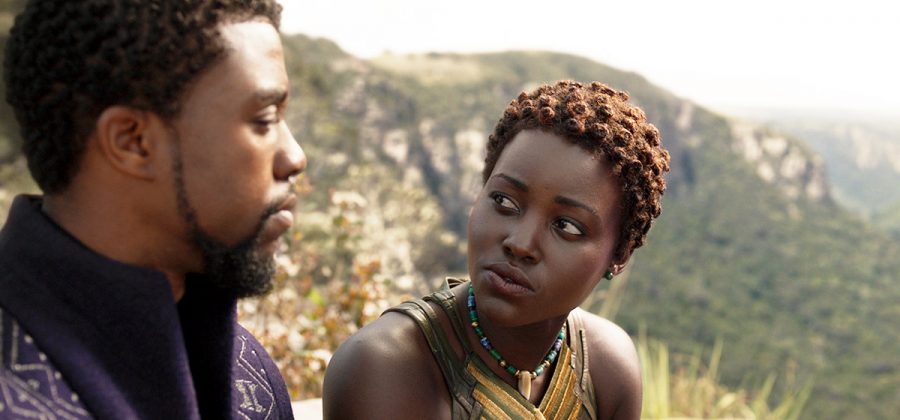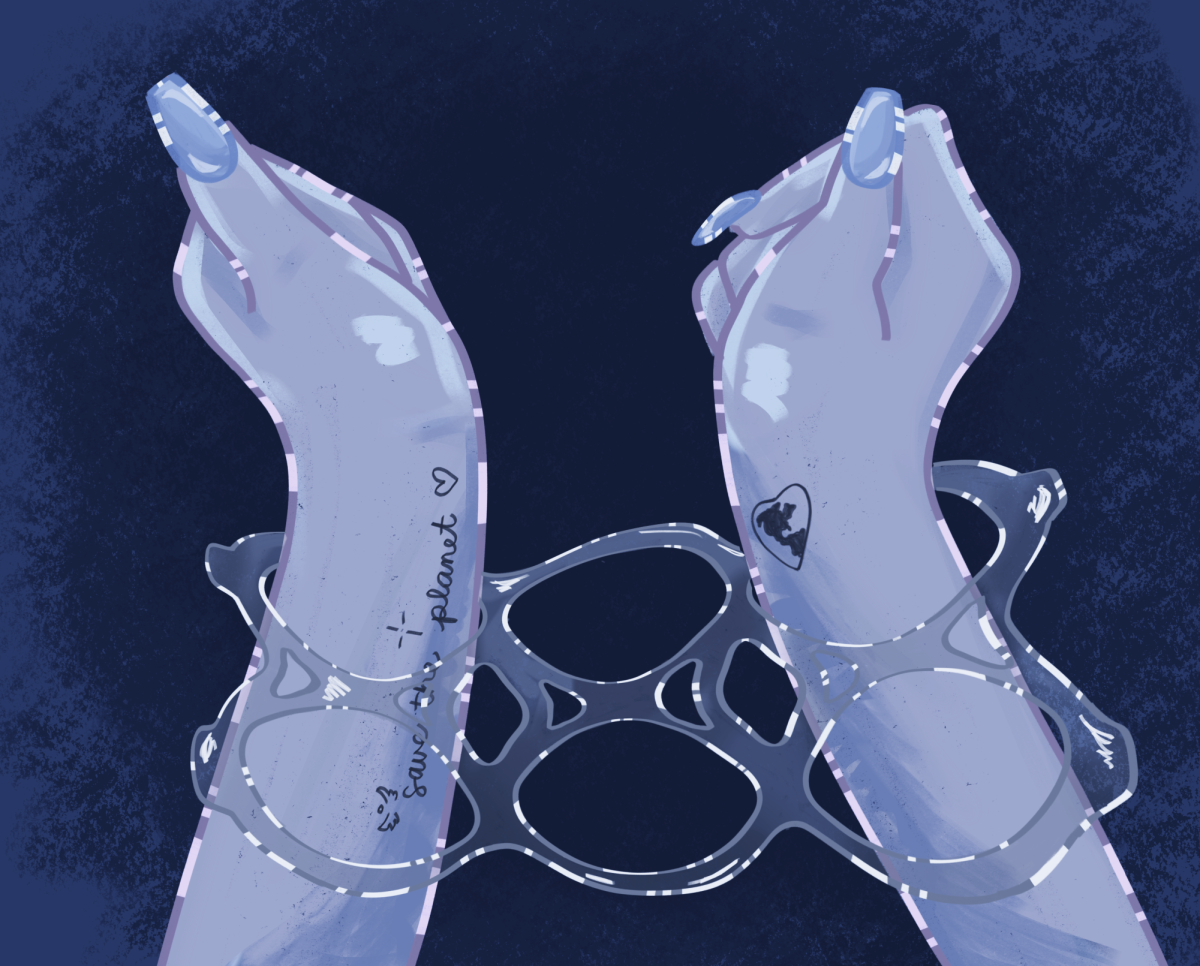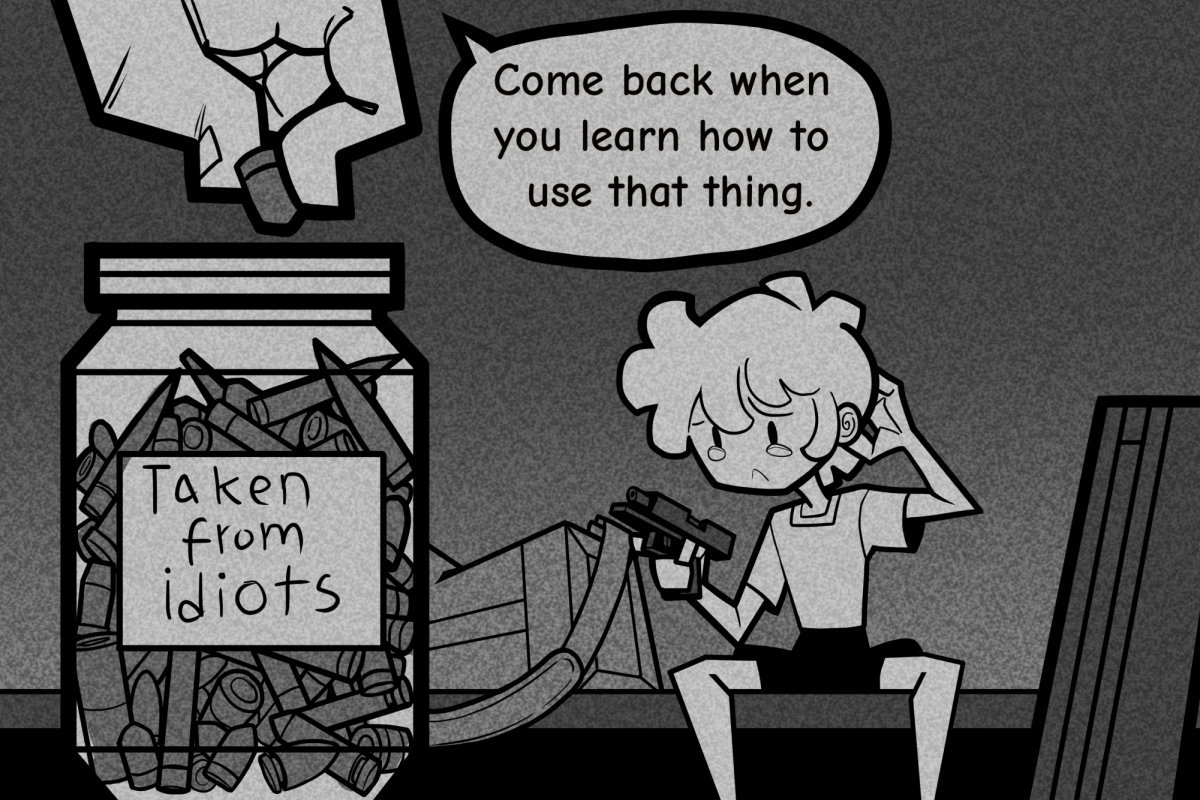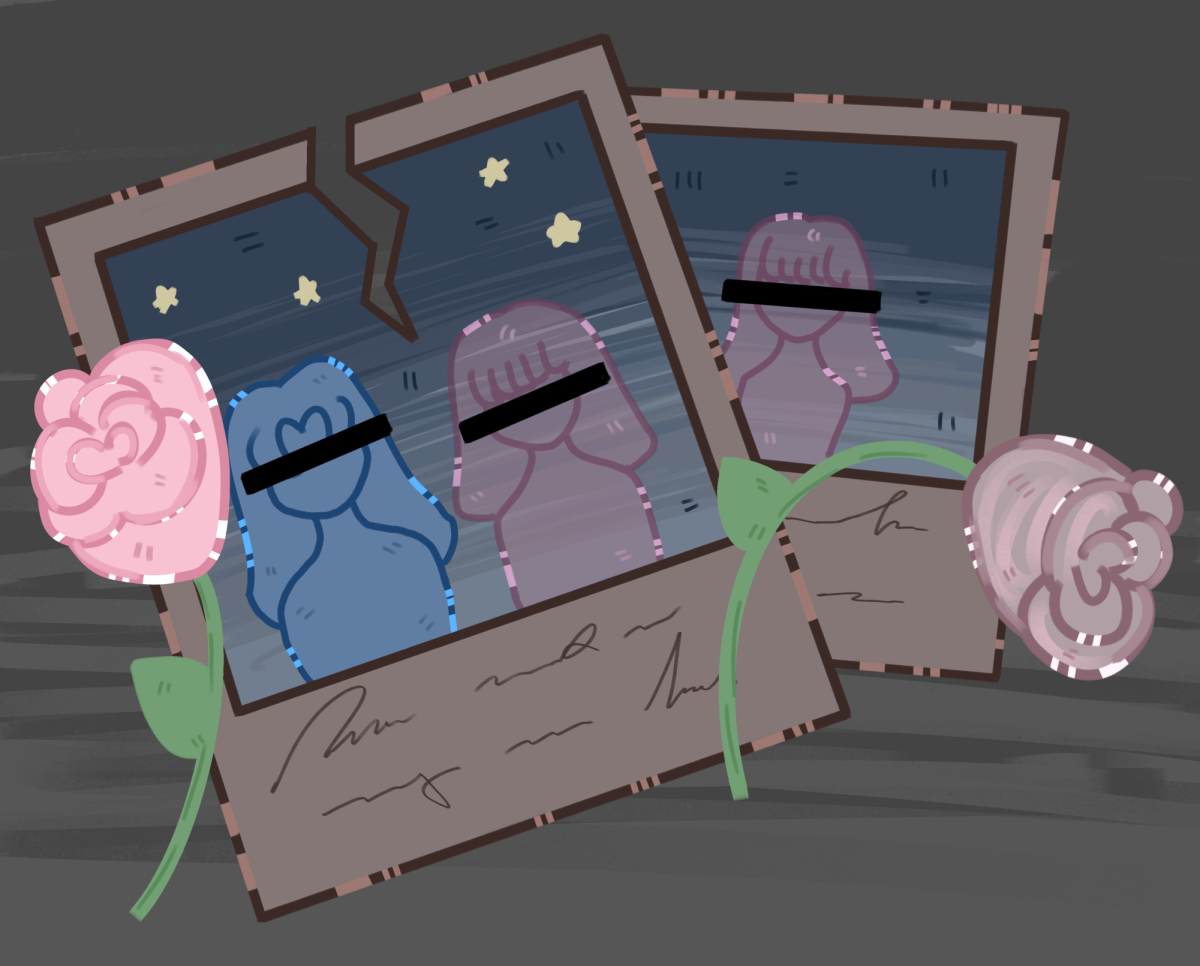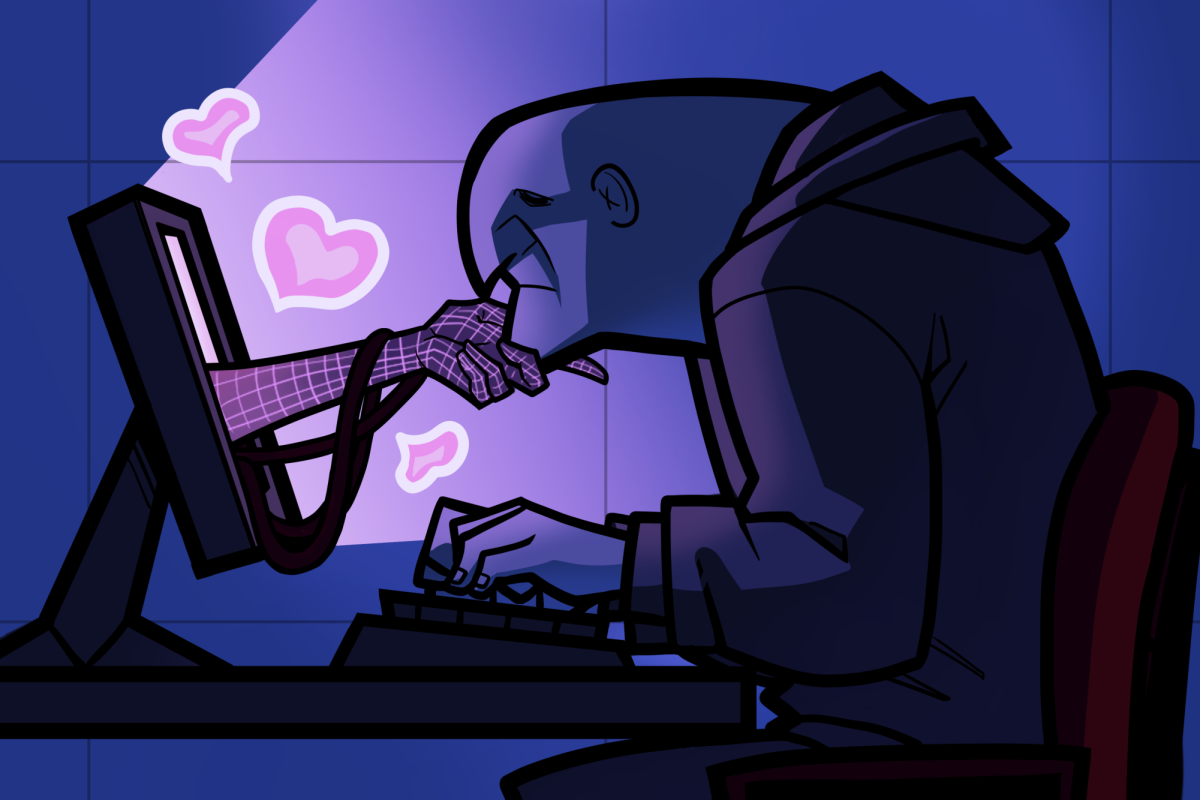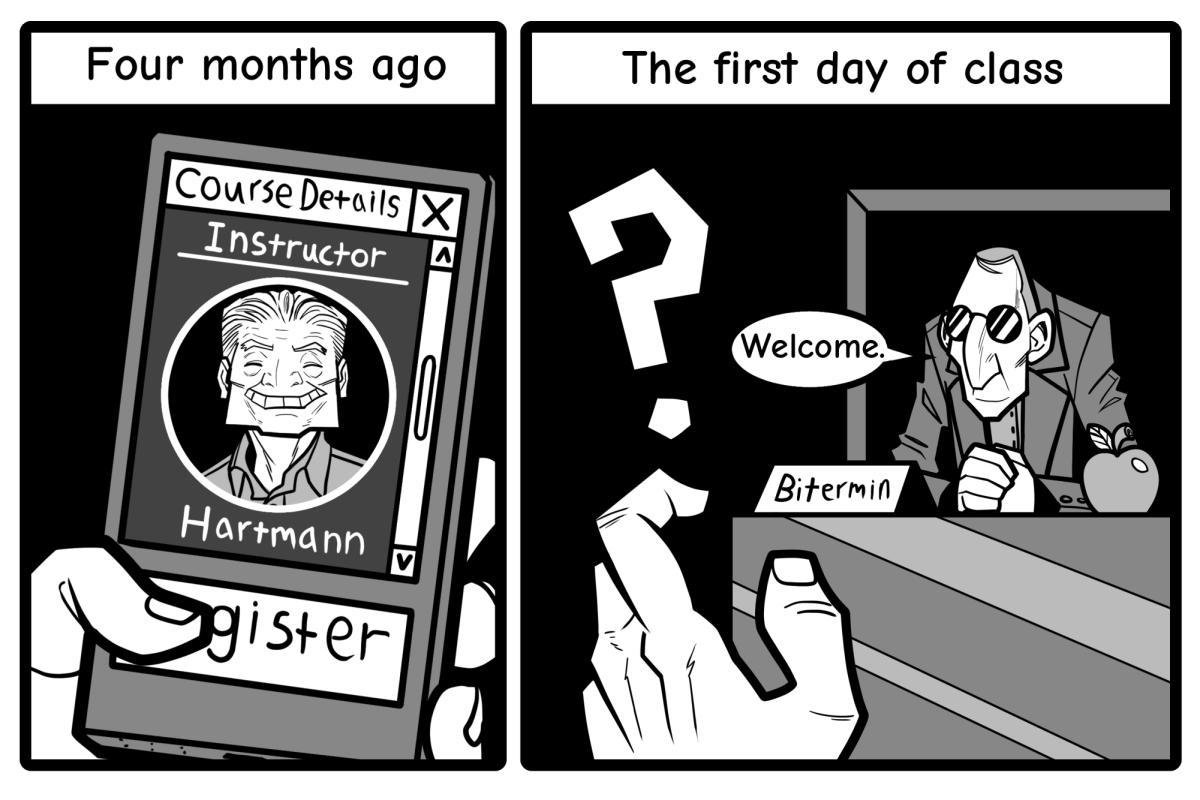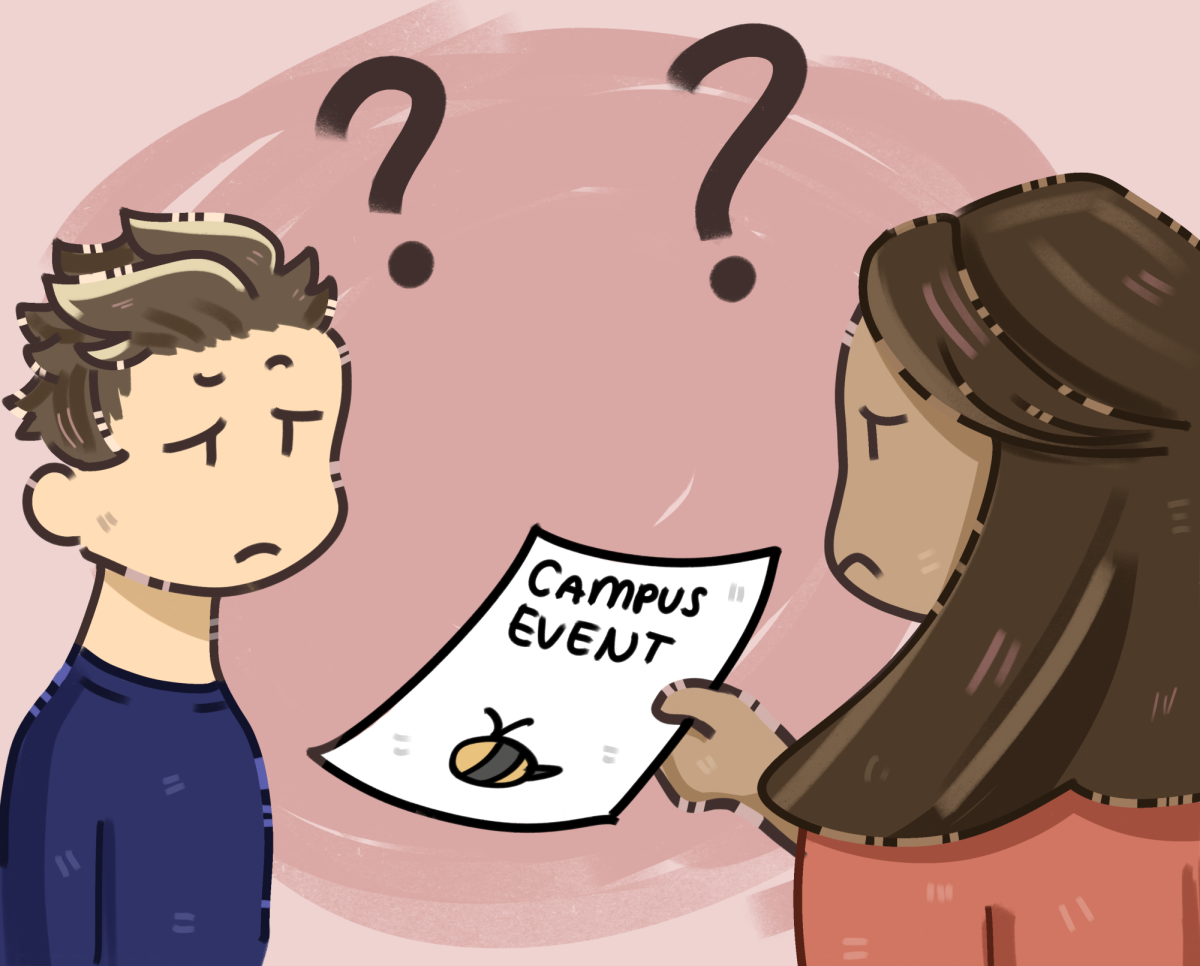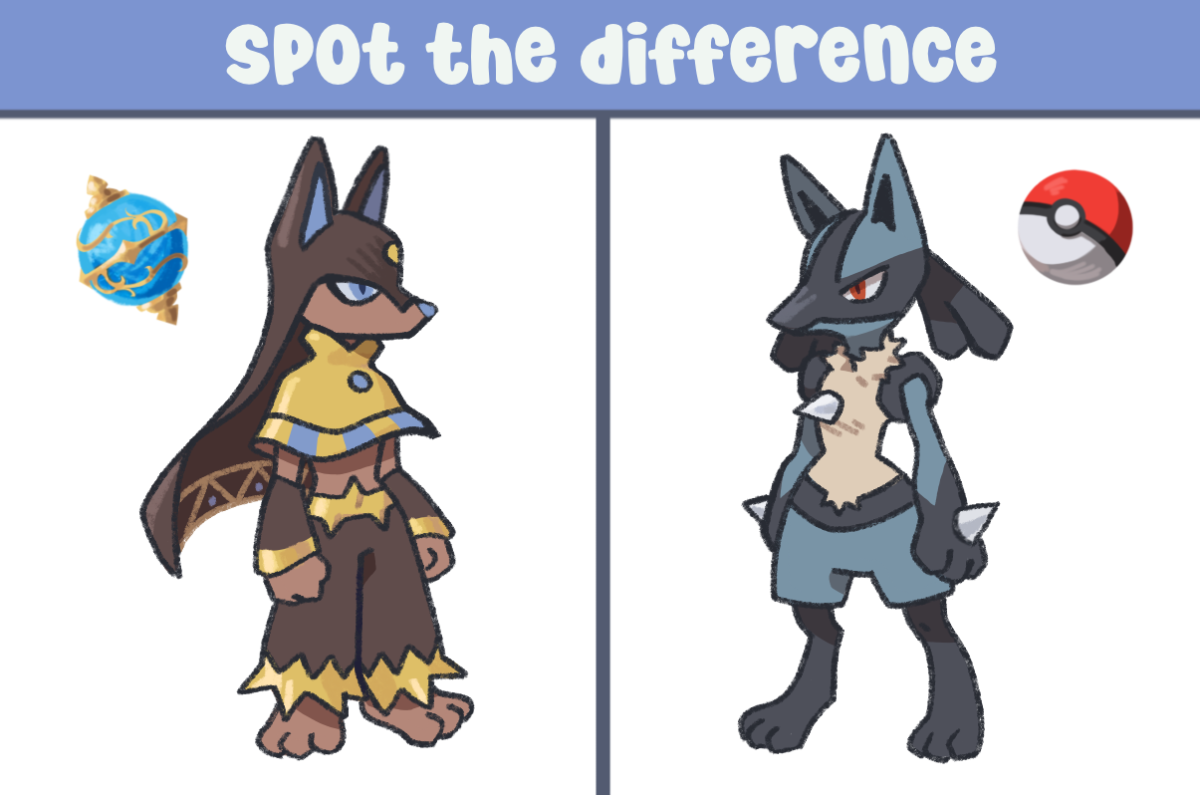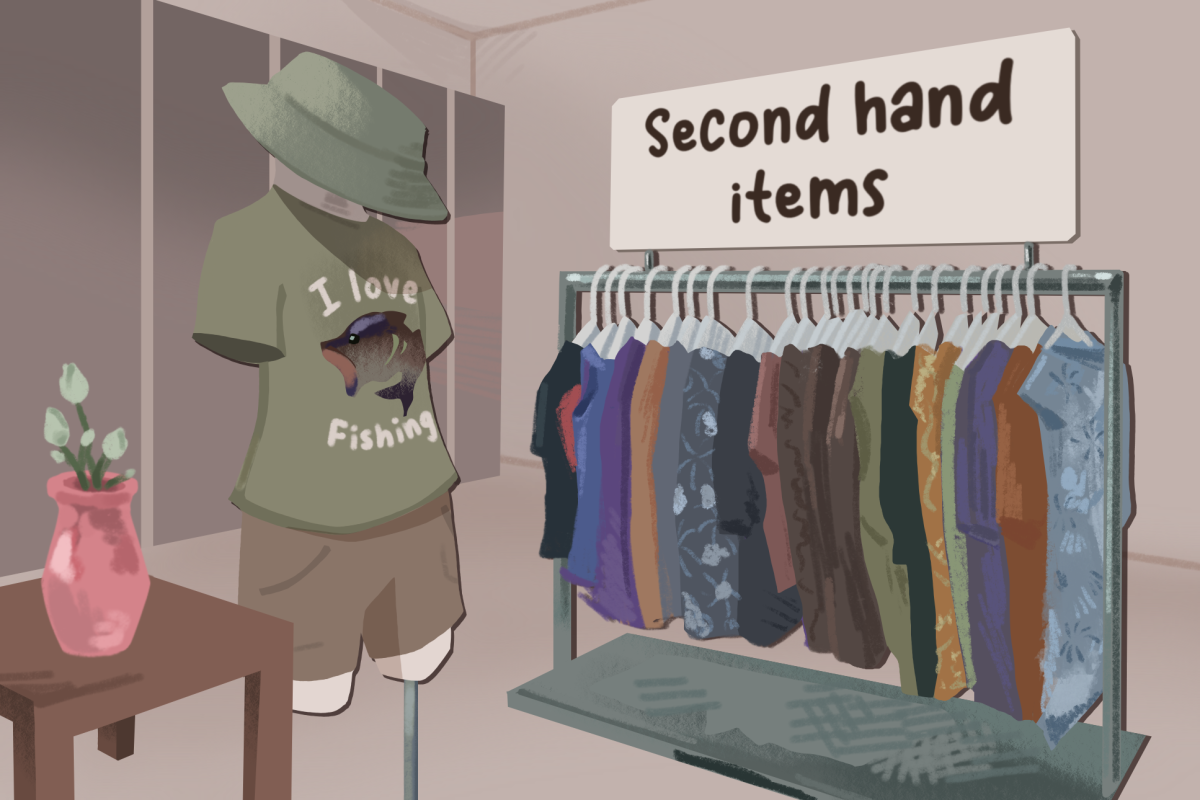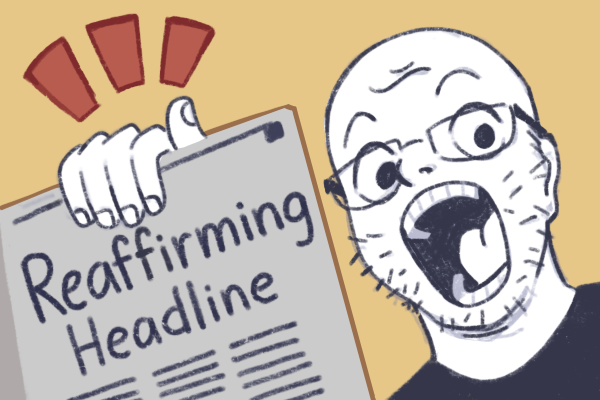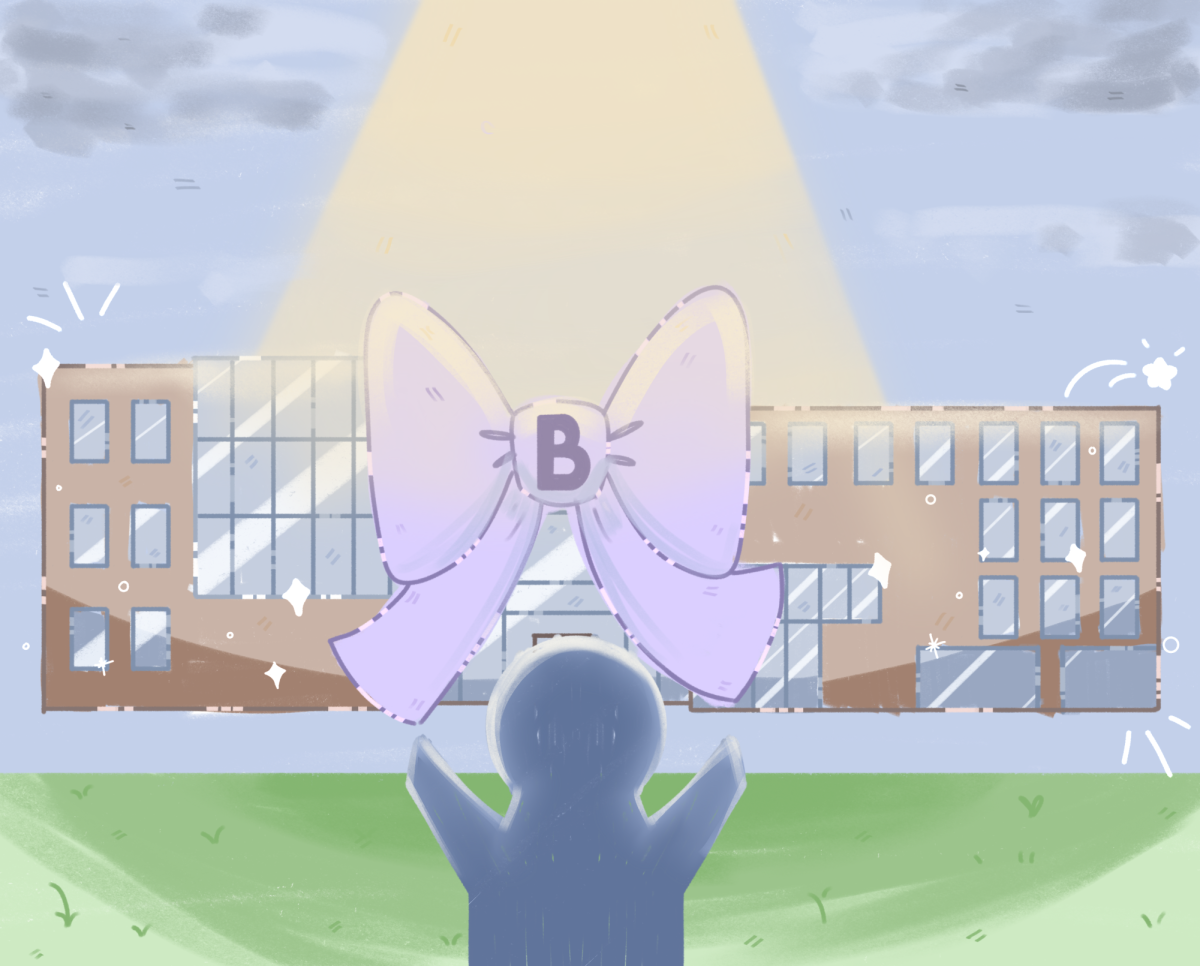By James Eyre
“Black Panther” was the first mainstream black superhero that was created by Marvel in 1966.
Plans to make a movie about him have been thrown around since 1992, so when a movie did come out, it took the film world by storm.
Stars Chadwick Boseman (the Panther himself), Martin Freeman (CIA agent Everett Ross) and Michael B. Jordan (the villain Warmonger) have been praised by fans and critics alike.
However, not all viewers have been positive. While I was researching the film, I came across several reviews from both viewers and film critics complaining that the movie was “too black.”
One such reviewer was an admitted white supremacist who also argued that LGBT people, people with disabilities, non-whites and non-Christians in films is a ploy to eliminate able-bodied, heterosexual, white, Protestant men from media.
Yet, this particular able-bodied, heterosexual, white, Protestant man believes it is a wonderful thing we are seeing more diversity in the media.
Doing further research on historical diversity in American film, I realized that the majority of films with black leading roles are about slavery or servitude.
One needs look no further than “12 Years a Slave,” “Django Unchained” or “The Help.”
Limiting black actors and actresses to servant roles is nothing new. During the early-to-mid 1900s, black stars almost never appeared on film unless cast to said roles.
Aside from servants, black film stars have also been severely limited to being cast as criminals.
This is why I love “Akeelah and the Bee.” I find it refreshing to see a black protagonist depicted in a positive light.
In the film, Akeelah Anderson is a middle school student in a predominantly black school in South Los Angeles.
She is a spelling enthusiast, which at first makes her a target for school bullying, but she brings pride to her neighborhood when she wins the Scripps National Spelling Bee.
Writer and Director Doug Atchison, who is white, was himself tired of film media portraying the black community as nothing but negative and took action.
He also noted that in films when black people, especially children, have a rags to riches story, they rarely are academically successful.
In Atchison’s own words: “These lies about black inferiority have been seeping into our cinema, and that seeps into our kids. As a filmmaker, you can dig into these issues.”
I hope that Black Panther paves the way for even more heroic black characters, once and for all eliminating the stigma that black films stars can only be degrading.
— James Eyre is a journalism major and a reporter



